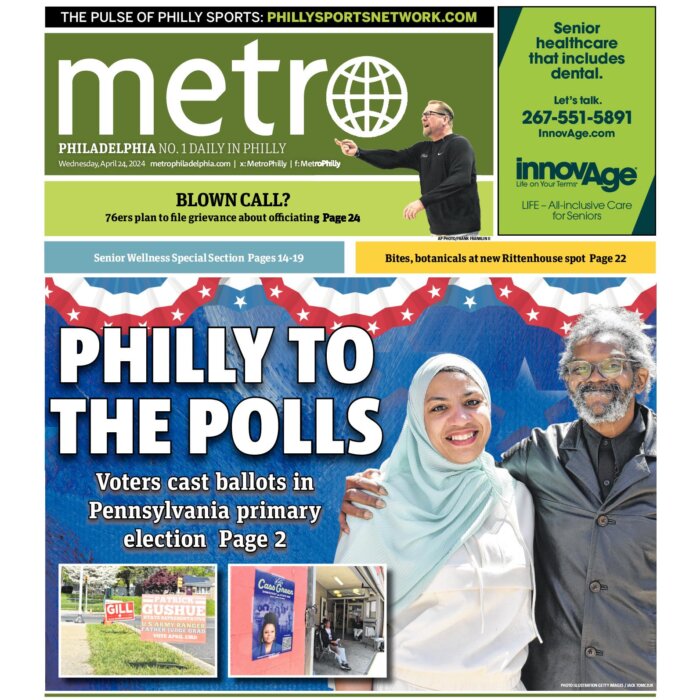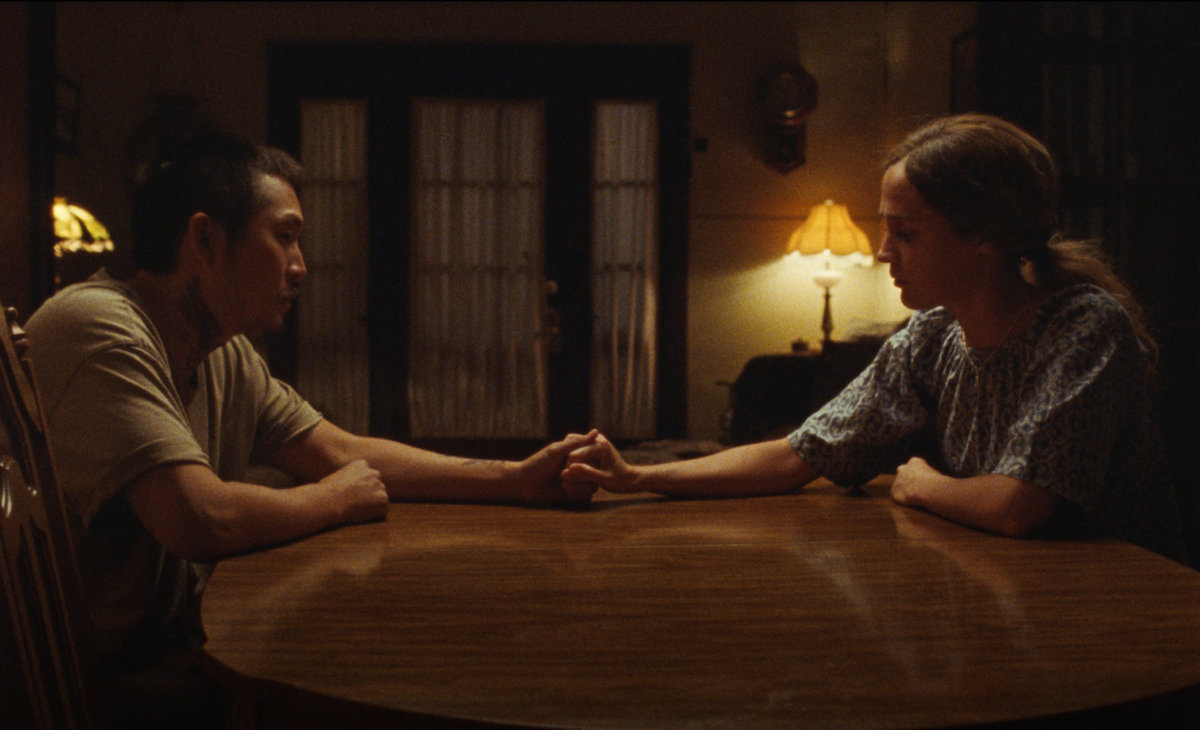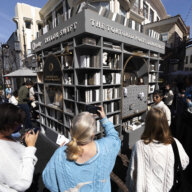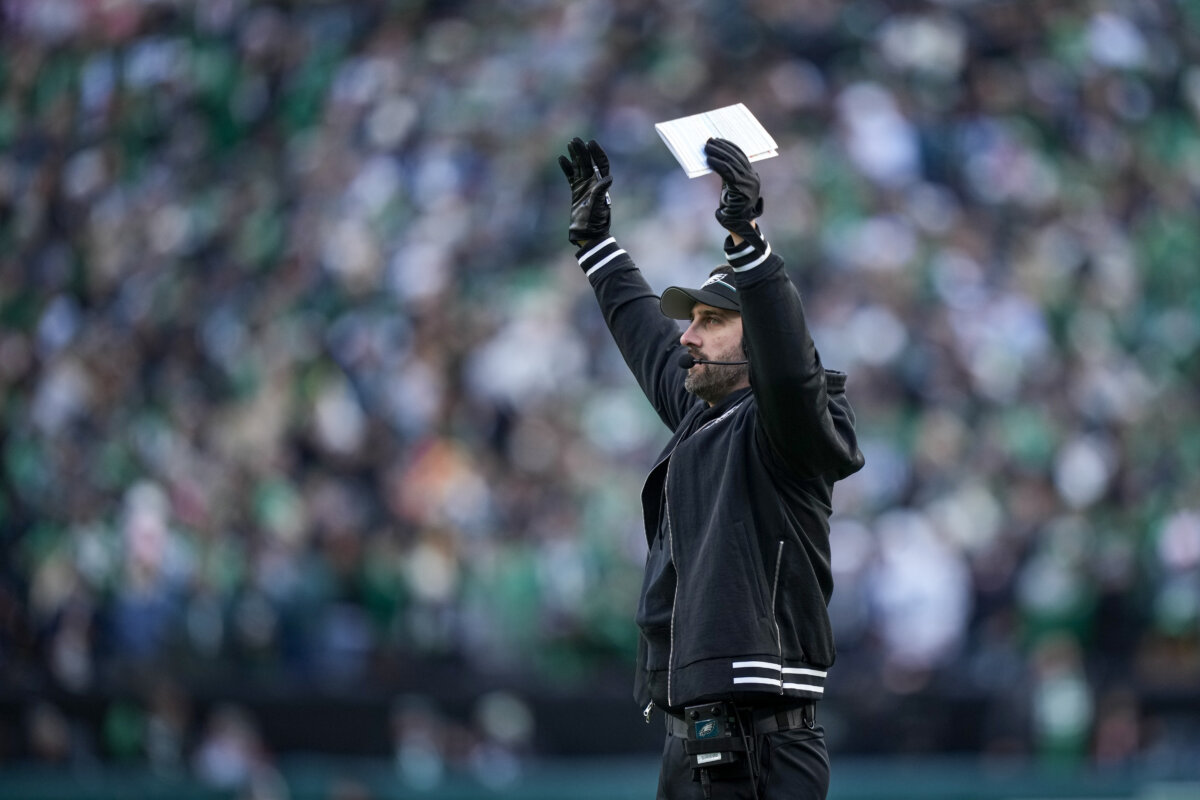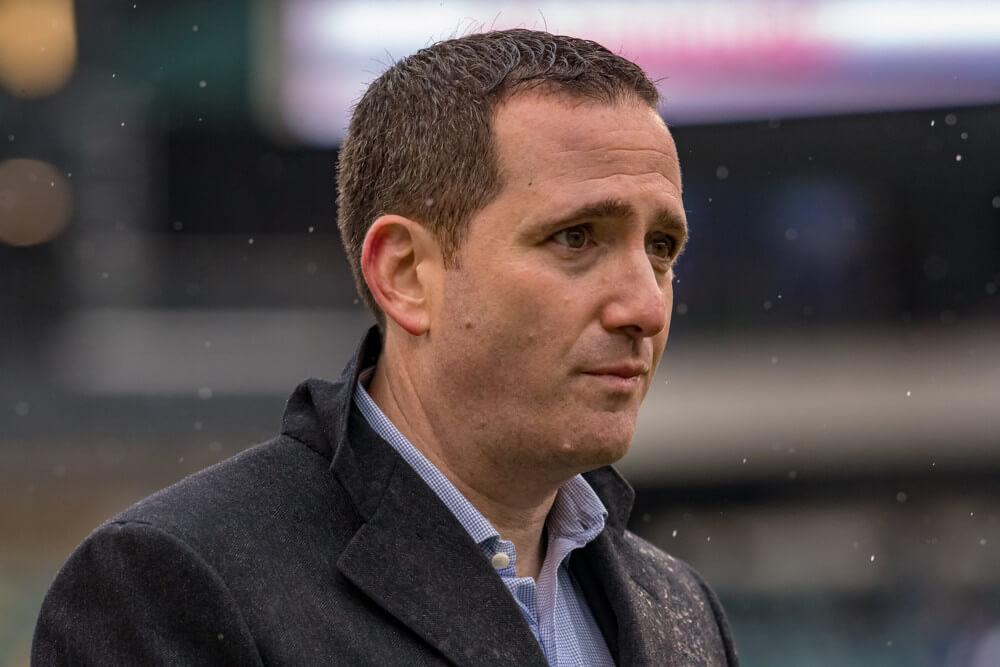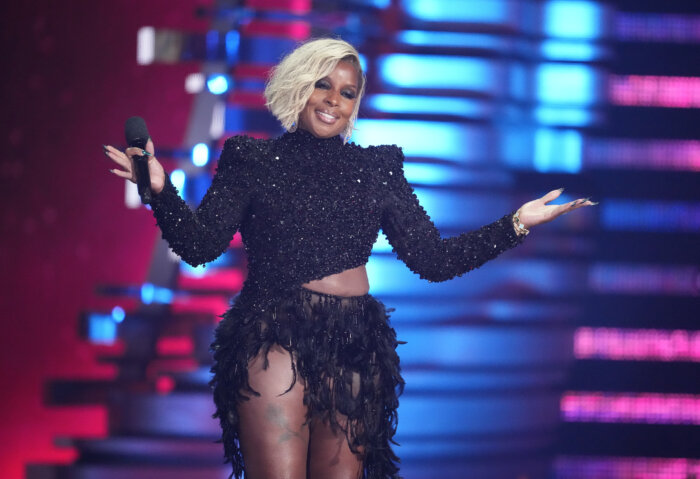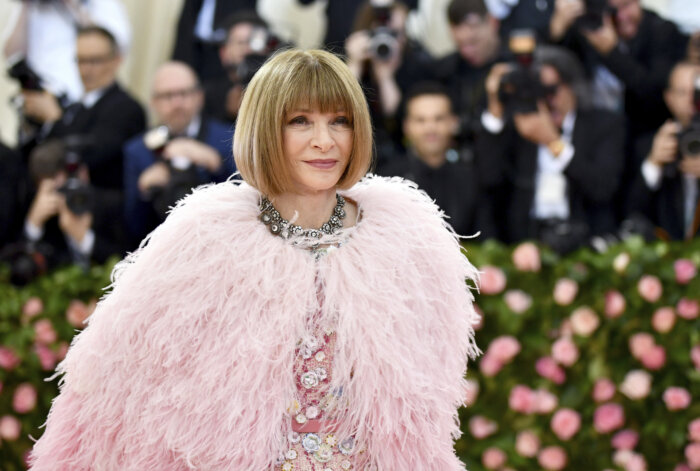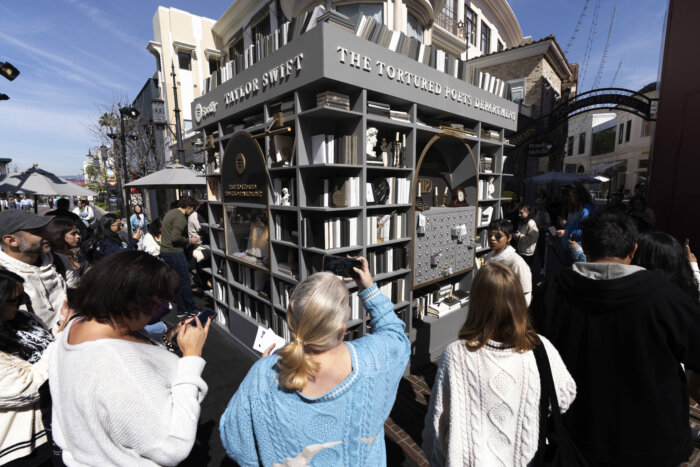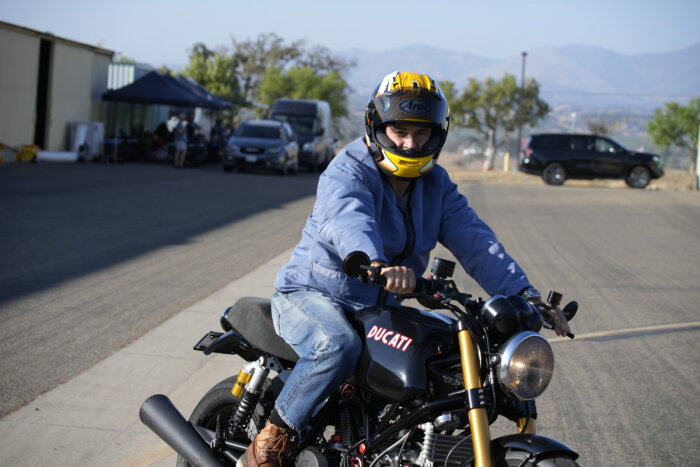By María Estévez, MWN
Justin Chon found a story about South Korean children adopted in the U.S. who were deported by the Immigration and Customs Enforcement, in newspapers.
“When I read it, it affected me a lot, it moved me. Those stories broke my heart,” the Californian director, who set his previous film, ‘Ms. Purple,’ in the Korean neighborhood of Los Angeles, told Metro.
“I started writing this before ‘Ms. Purple.’ This particular film was about something I felt needed to be exposed, in terms of immigration policy and the adoptee experience. Those were the things that really mattered to me. As a child and adolescent, many friends of mine were South Korean children adopted by American families, and I always felt that their experience as Americans was different from mine. I realized that it was something that, until now, had not been seen in cinema.”
This is the deepest Chon has ever waded into issue-driven territory as ‘Blue Bayou’ marks a step up in his directorial vision:
“I wanted to tell a story of a real person, not a perfect individual. The film is a heightened reality. You’re showing very private moments in a very public way to the audience, and I find those moments exhilarating. As an actor, it can be incredibly profound and illuminating to the human condition. This film represents what America feels like and looks like.”
‘Blue Bayou’ was presented in the official section of the last Cannes Film Festival, where critics praised the movie, although they accused Chon of loading it with melodramatic scenes.
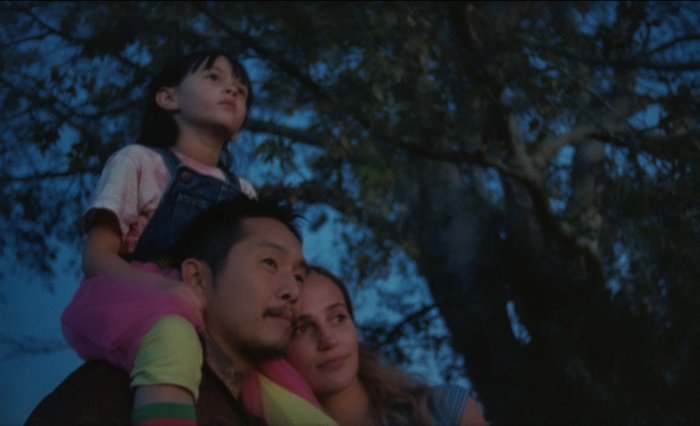
“The whole movie could be super dark, heavy, and melancholic, but I think it’d just be too much to sit through for two hours. With those scenes, I wanted to give the main character perspective on where he’s at in life. How he ended up there, where he is headed, etc. I reached a point where I was so immersed in the story that the characters had become real and I began to get nervous. I thought that if someone was going to screw up in a big way, that someone would be me.”
As Chon explained, “These people were brought over in the ’70s and ’80s, adopted by U.S. citizens, and they’re finding out in their 40s or 50s that they’re getting deported.”
He read articles that outlined how brutally the policy continues to be enforced.
“I just broke down,” he said. “How you feel at the end of the film is how I felt reading these articles. I was absolutely destroyed… I felt it was very important that people in the United States knew what was going on.”
Chon also wanted to include poetry into this story based on real events.
“I’m looking for what feels truthful and doesn’t feel forced. Moments that feel forced have to go. It comes down to the intention of the film. Bringing attention to the issues at hand of all these adoptees getting deported was the spine of it, and every scene in the movie had to service that, first and foremost. I have to tell my experience as honestly as possible,” the filmmaker stated.
Chon has spoken about breaking into directing at a time when so few Asian Americans had the opportunity to create the low-budget gems he’s excelled at thus far.
“Identity is part of my history, but I tend to think that my style has a grounded lyricism to it. That’s what I aim for: drama that is visceral and feels raw but also feels lyrical and poetic at times,” he said. “Those are the things that turn me on. The realistic, truthful nature of human interaction. But there are times when I turn on by expressing something in a more heightened way. I’m always trying to mix those two. Some people think it’s tonally too crazy, and other people appreciate it. It’s what gets me excited, personally.”
Blue Bayou is now available in theaters.
